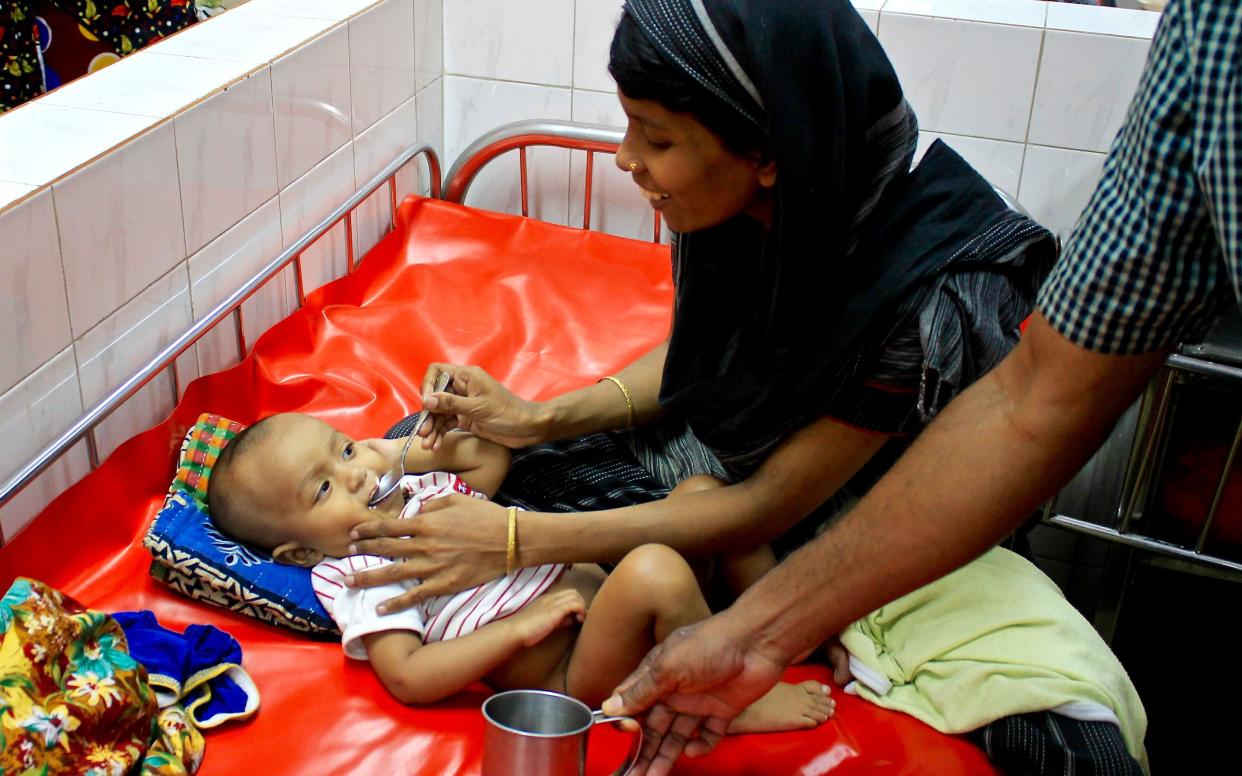Stopping spread of cholera at local level could reduce disease on global scale

Stopping cholera spreading between members of the same household could be key to reducing the number of cases of the disease worldwide.
A large-scale genomic study looking at how samples of cholera are related to each other found that nearly 80 per cent of infections were related to the first case of the disease entering the household, rather than to other strains of the disease circulating in the same area.
The number of cases of cholera around the world are on the rise, with an estimated 3 to 5 million cases and around 120,000 deaths every year, according to Unicef. The disease has been endemic in Asia for centuries and new and more virulent and drug resistant strains of the disease are also beginning to emerge.

Key to controlling the spread of the disease are vaccines, with the largest ever vaccination programme launched in Africa earlier this year, and good sanitation.
Researchers at the Wellcome Sanger Institute in Cambridge looked at samples taken from cholera patients at the International Centre for Diarrhoeal Disease Research in Dhaka, Bangladesh - a city where there are two seasonal outbreaks of cholera every year.
The researchers sequenced the genomes of all 303 samples to see how the strains were related to each other and compared them with strains from other parts of the globe.

They found that nearly 80 per cent of the secondary infections were linked to the first case in that household within the first five days.
The researchers also found that strains of cholera present in Dhaka have also been responsible for global epidemics of the disease, such as the catastrophic outbreak in Haiti in 2010, following the earthquake.
The findings show that controlling the spread of the disease within the household is crucial.
Dr Daryl Domman, lead author of the study published in Nature Genomics, said that the study highlighted the importance of person-to-person spread of the disease.
"Preventing this spread within the household could enormously reduce cholera outbreaks and highlights the need for prioritising local control strategies. This could have a huge impact, not only on the individual households, but also on the entire region.”
He added: "Our data highlights how using simple and effective interventions, such as hand washing and chlorinating household water can break the chain of transmission, all at a very personal level – ie in households."
Protect yourself and your family by learning more about Global Health Security

 Yahoo News
Yahoo News 
